Elara didn’t speak for a long time after reading the letter.
Marcus stood nearby, coffee mug cooling in his hands, his expression a delicate mixture of hope and worry.
“I wasn’t going to give it to you,” he admitted softly. “She sent it a month ago. I… I didn’t trust her.”
Elara looked up, eyes rimmed with confusion. “You knew where she was?”
“I know where she claims to be. That’s different.”
She held the letter to her chest, torn between the girl who had spent her life aching for a mother—and the woman she was becoming, who had learned to live without one. The name Liana had been a ghost shadowing her every recital, every missed parent-teacher night, every Mother’s Day card she drew but never sent.
Now the ghost had a voice. A location. A clock ticking toward a decision.
“I need time to think,” Elara whispered.
Marcus nodded. He didn’t try to persuade her. He just touched her shoulder as he passed, letting his love speak louder than his fears.
That evening, Elara walked through the city, headphones in, violin case slung over her shoulder. The sounds of life swelled around her—horns honking, voices shouting, subway trains roaring beneath her feet. And still, the letter’s words echoed louder.
She thought about her childhood—how she’d always watched mothers and daughters with quiet longing. How every scraped knee or broken heart had been mended by Marcus, never Liana. How she’d once dreamed of finding her mother and asking one simple question: Why?
But now that she had the chance, that question had grown teeth. It had layers. It had pain.
Back in her room, Elara opened her journal—the one Marcus had given her—and wrote:
Ø Am I more complete with her, or without her?
She didn’t know. Not yet.
But she knew she couldn’t keep pretending Liana was a myth. The letter made her real. Made her human.
The next day, Elara skipped rehearsal. She took the train to Brookhaven, violin by her side, heart in her throat. She didn’t know if she’d get off. Didn’t know what she’d say.
But as the train curved toward the woods, she saw it through the window.
A sycamore tree, massive and ancient, its branches like open arms.
And sitting beneath it, weathered but unmistakable, was a woman with storm-gray eyes.

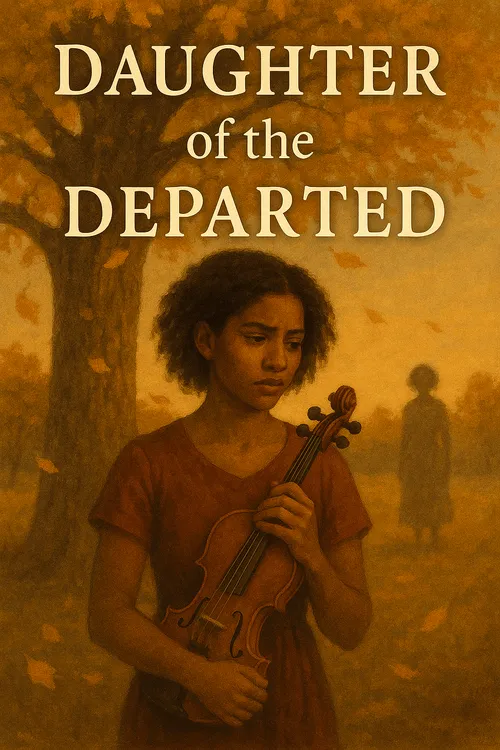


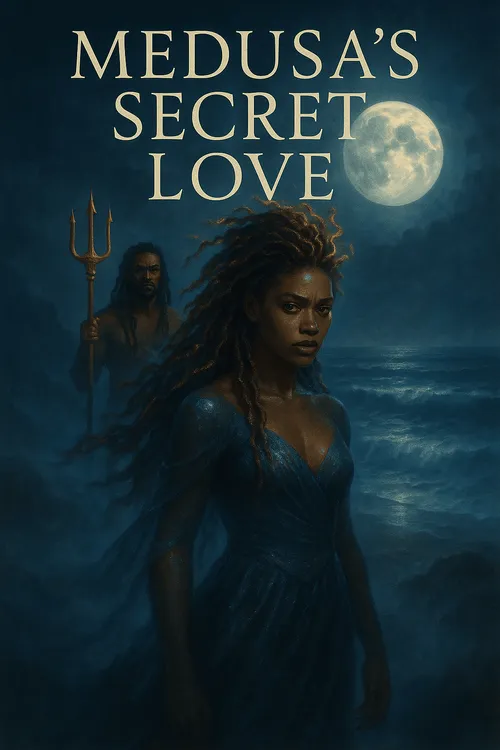
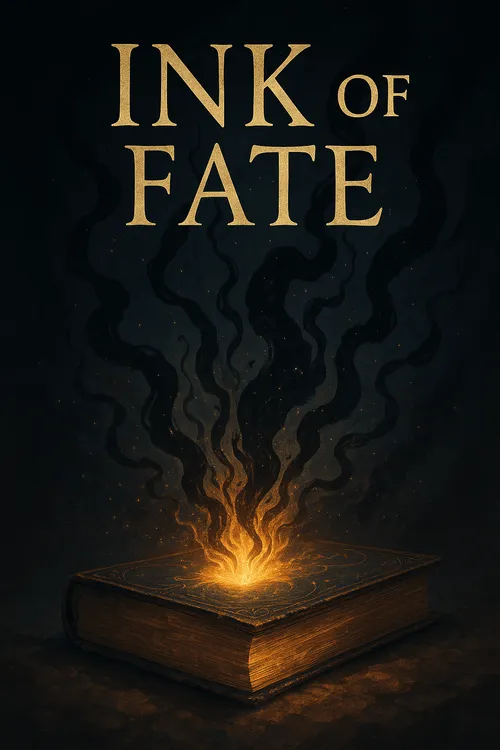
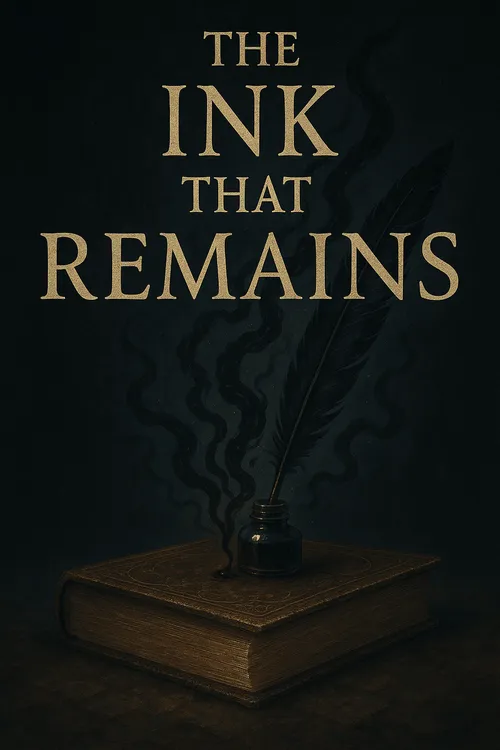

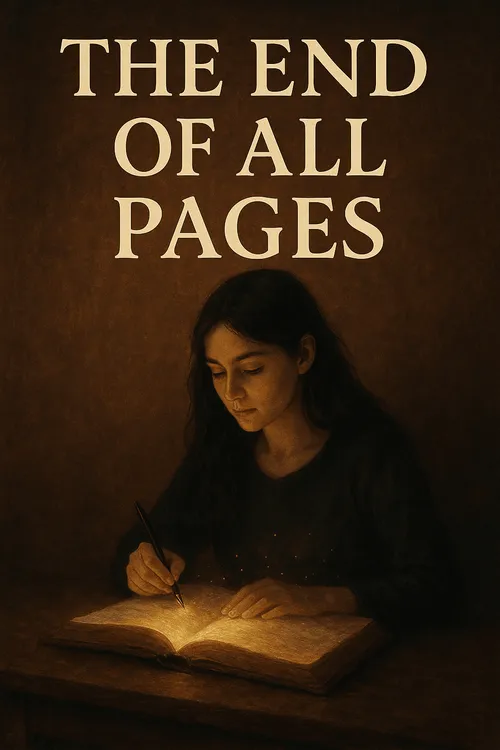
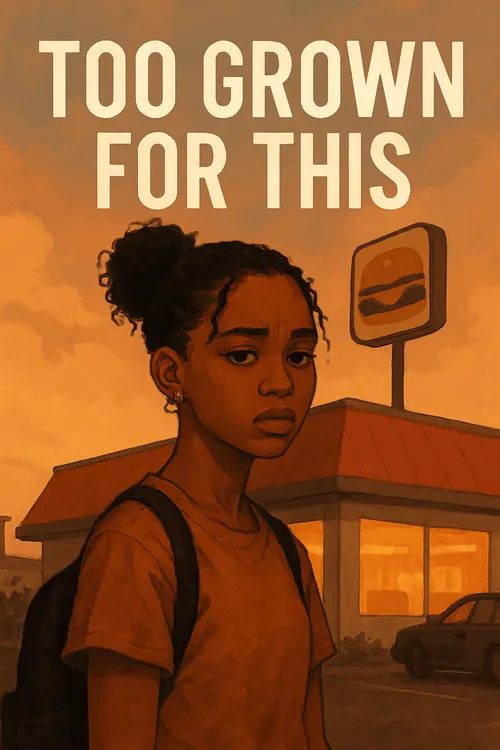
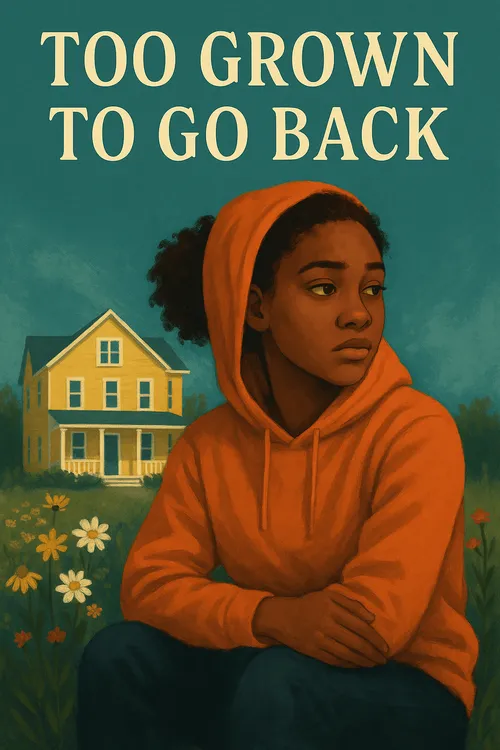
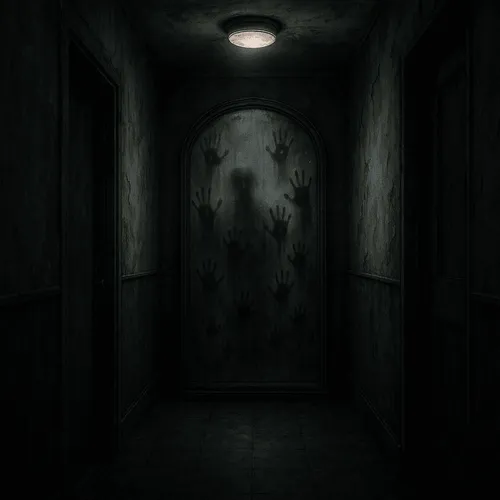
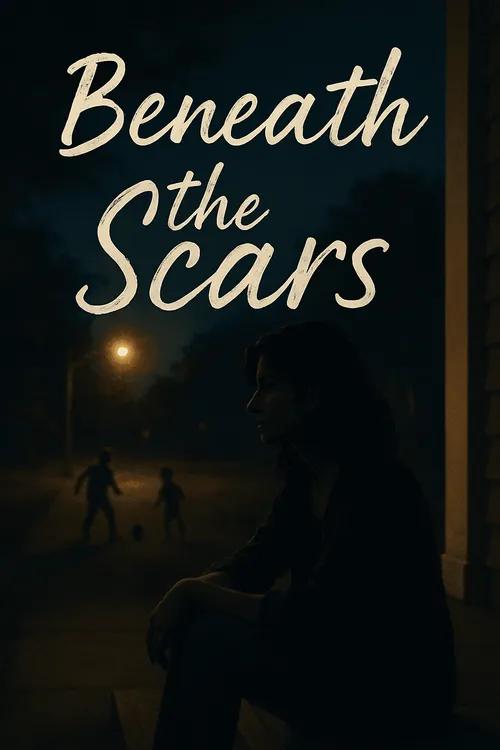
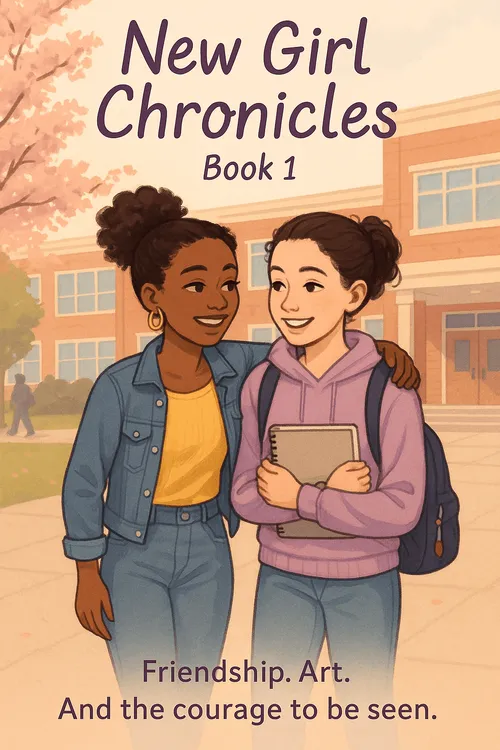
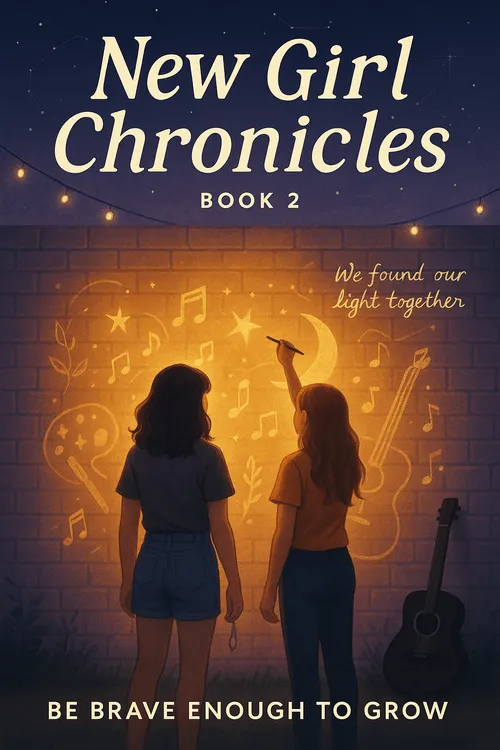
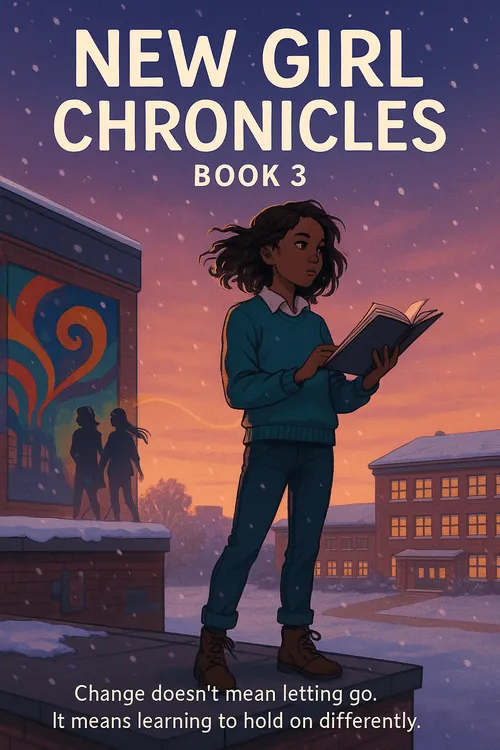
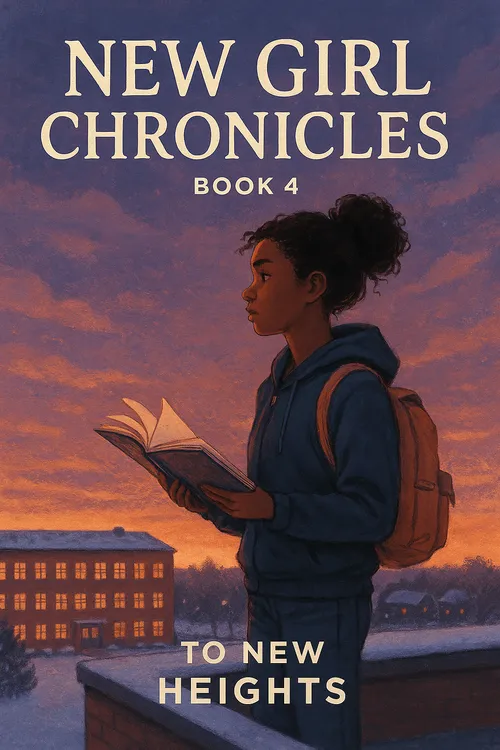
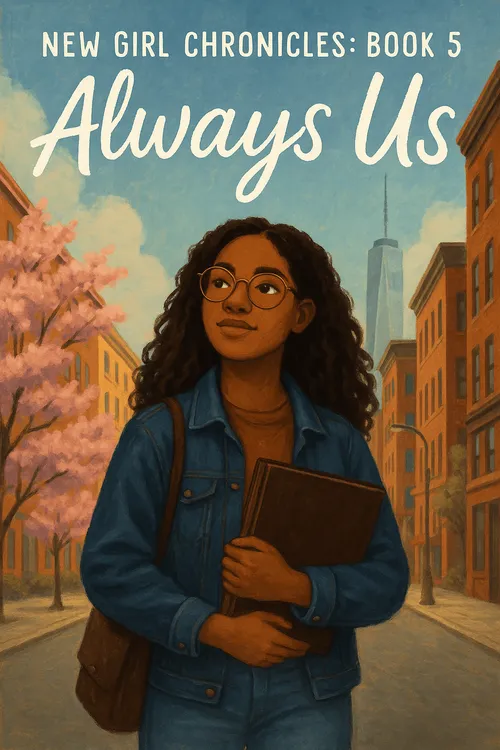
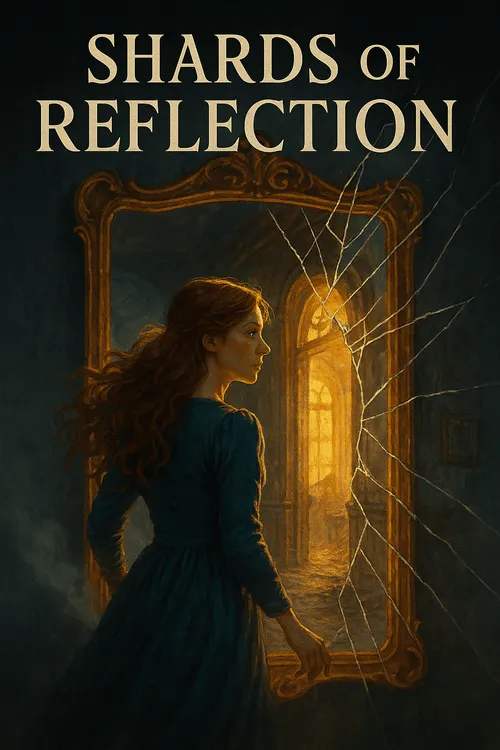
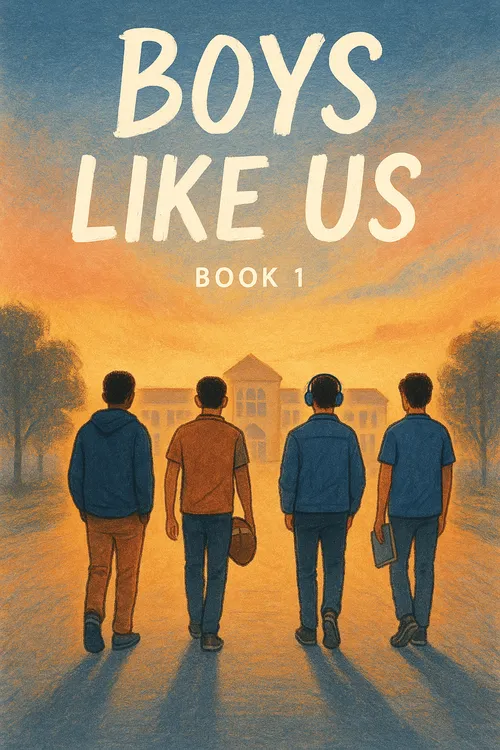
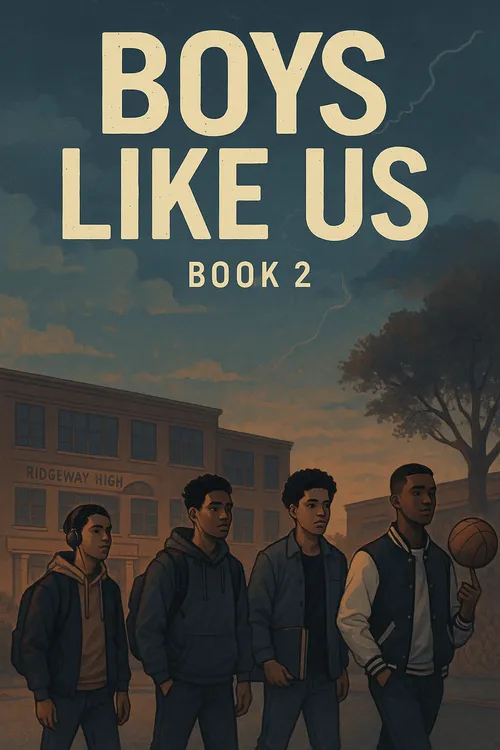
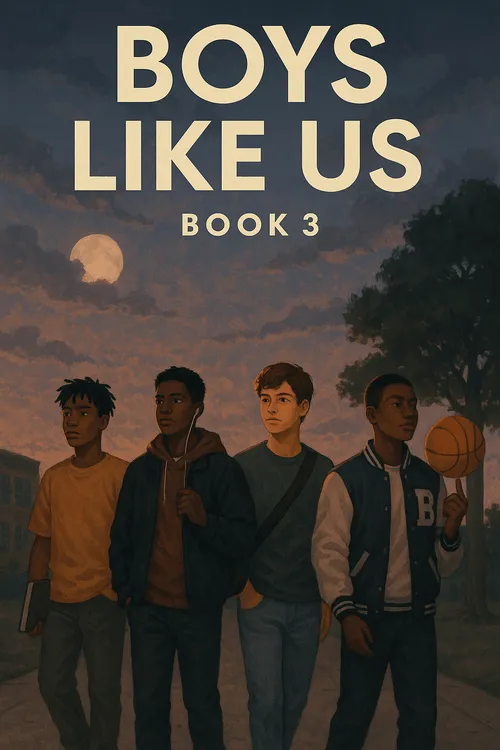
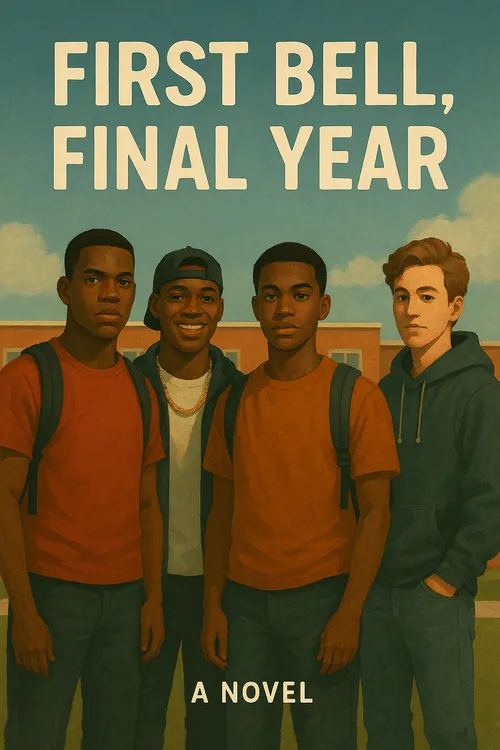
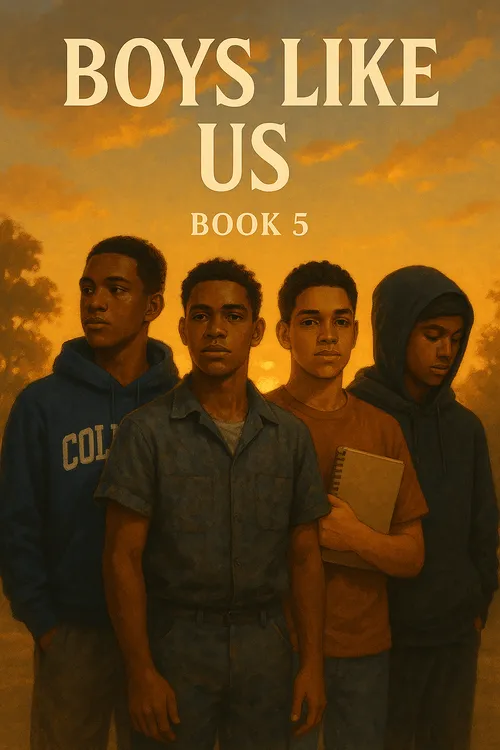
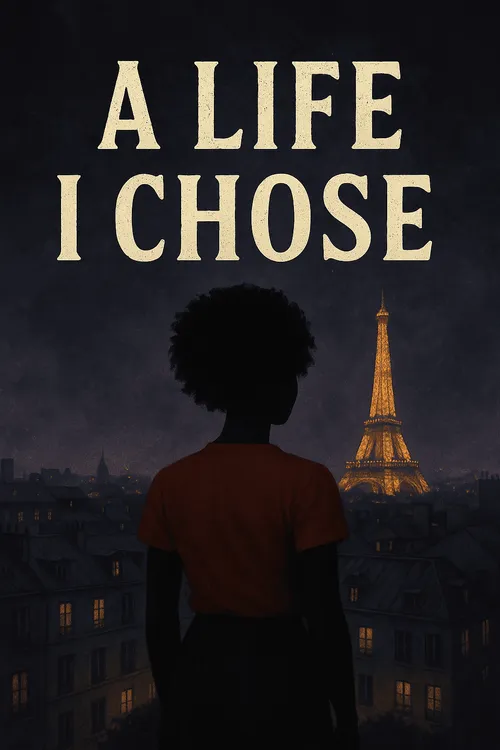
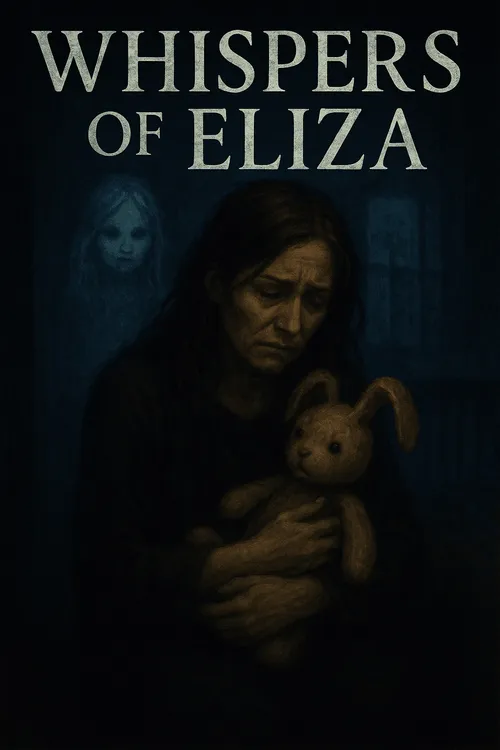

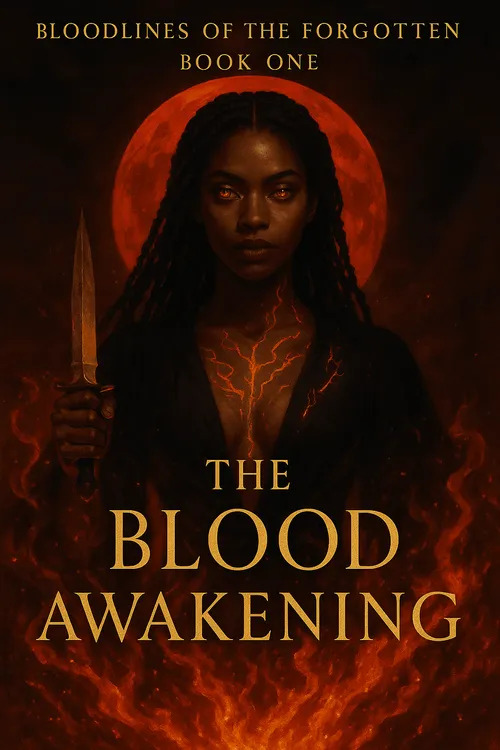
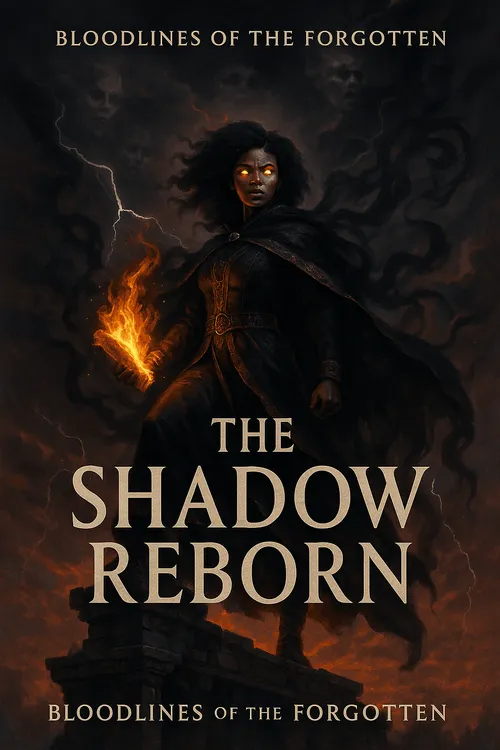
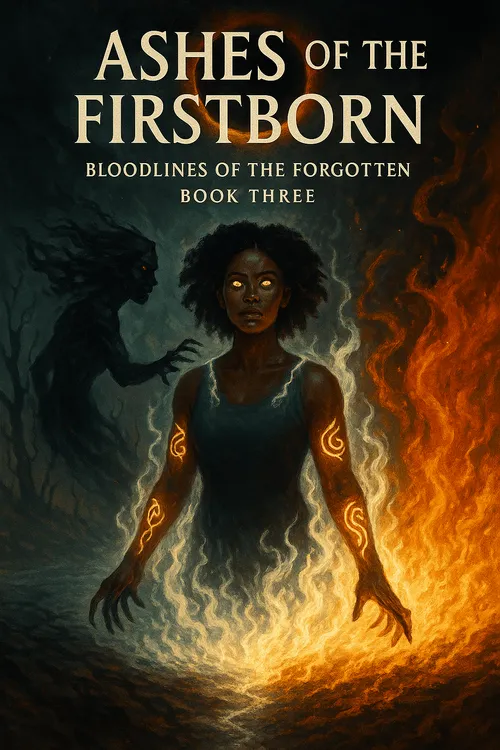
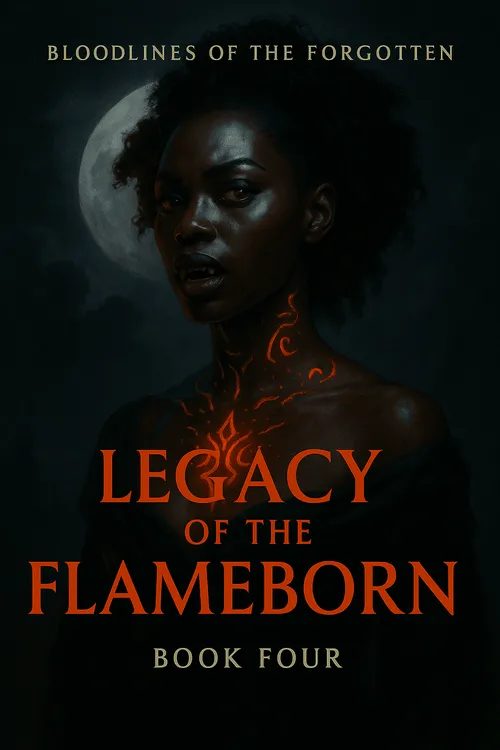
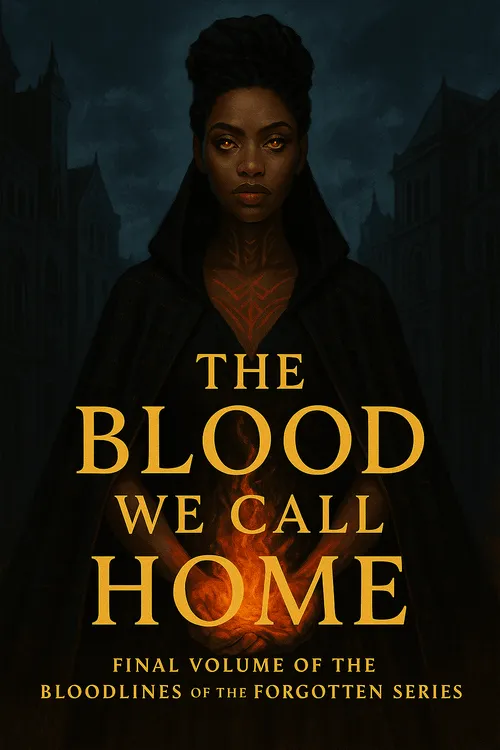
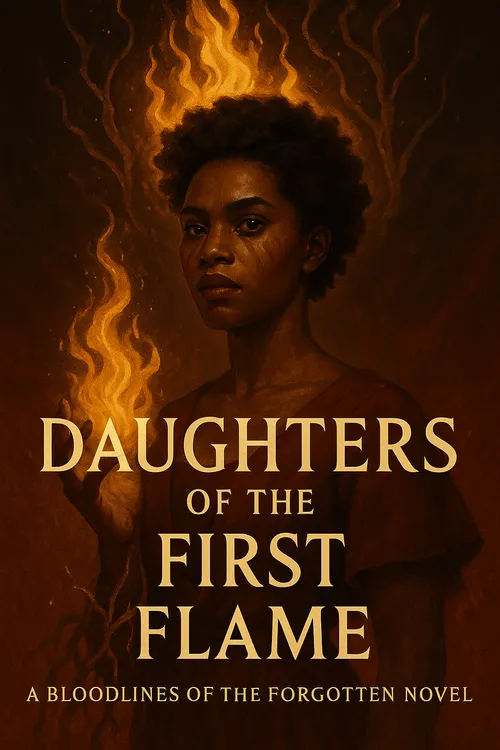
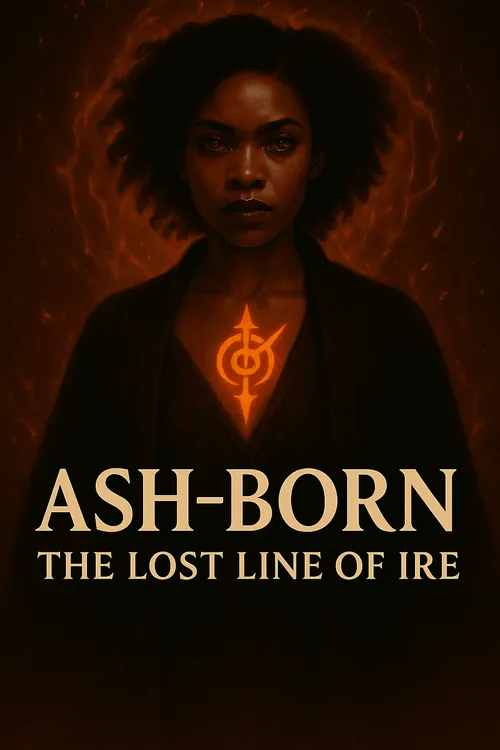
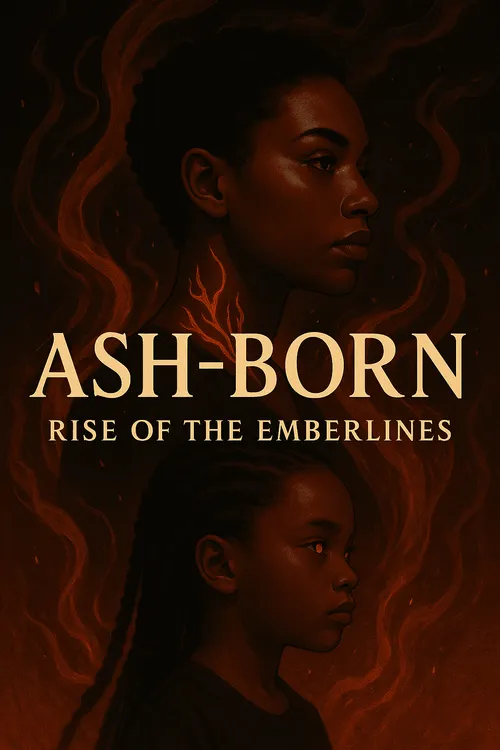
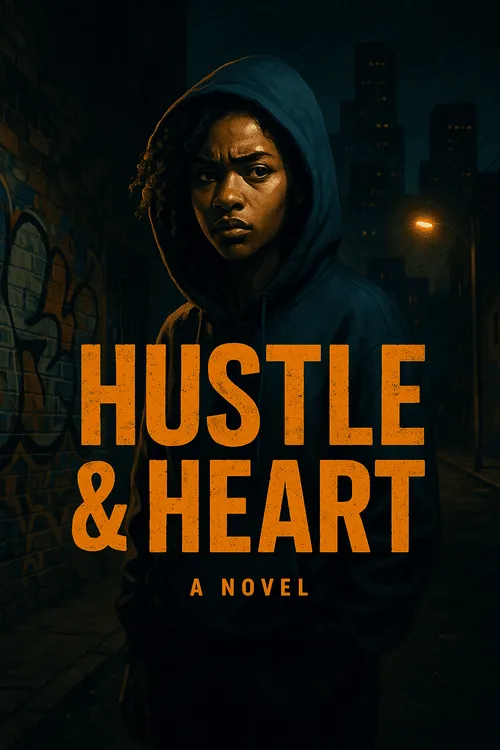

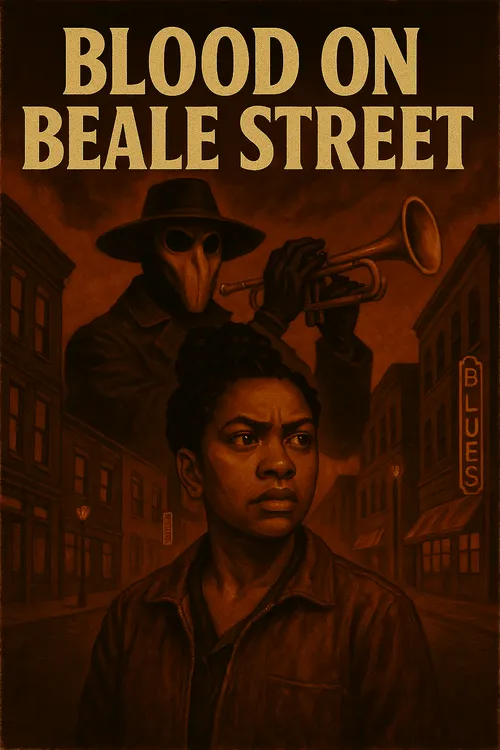
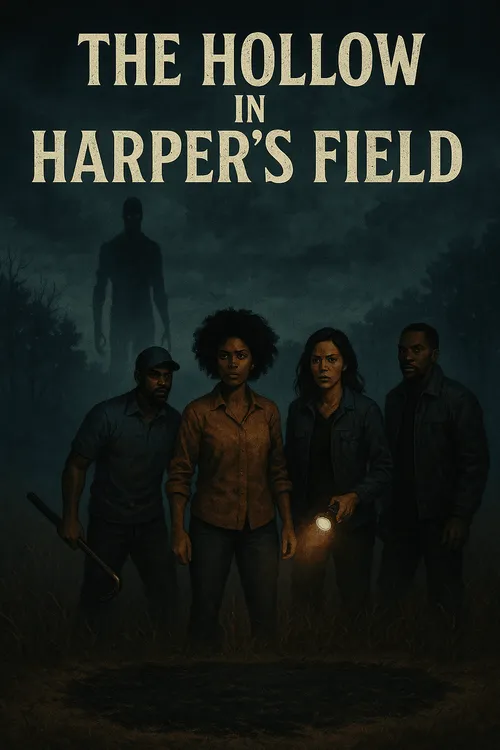
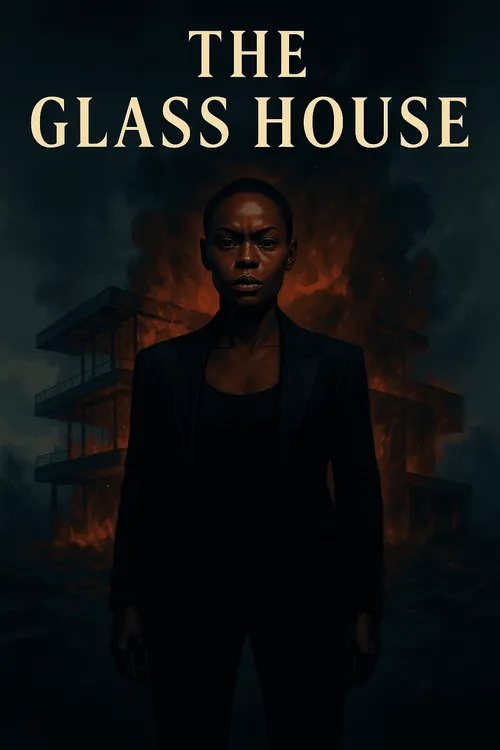
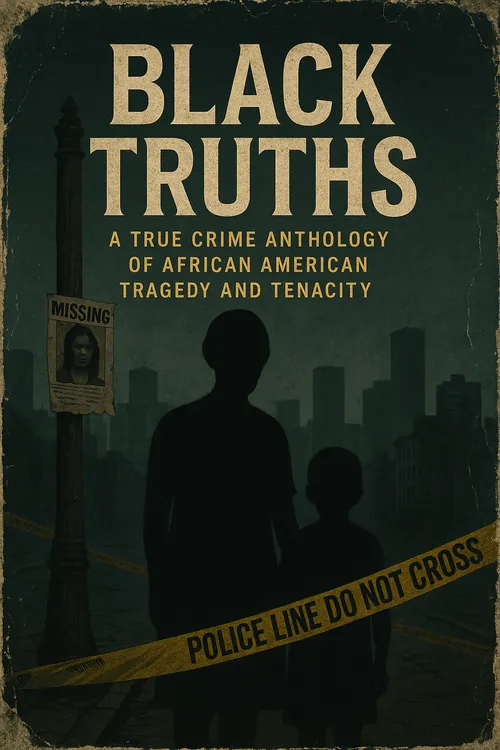



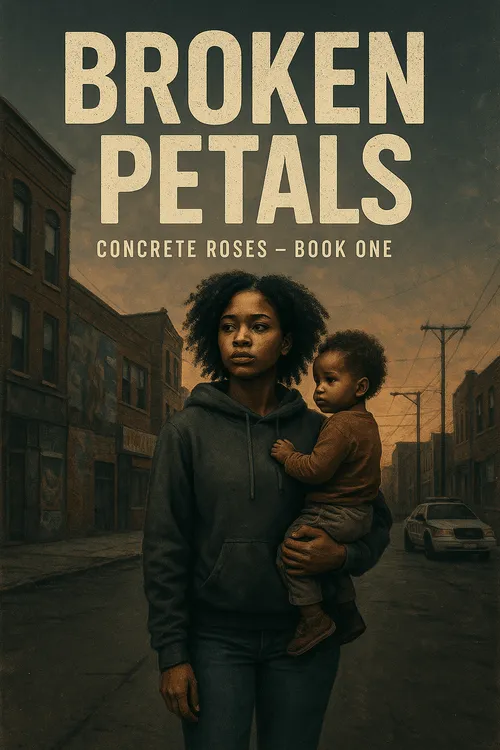
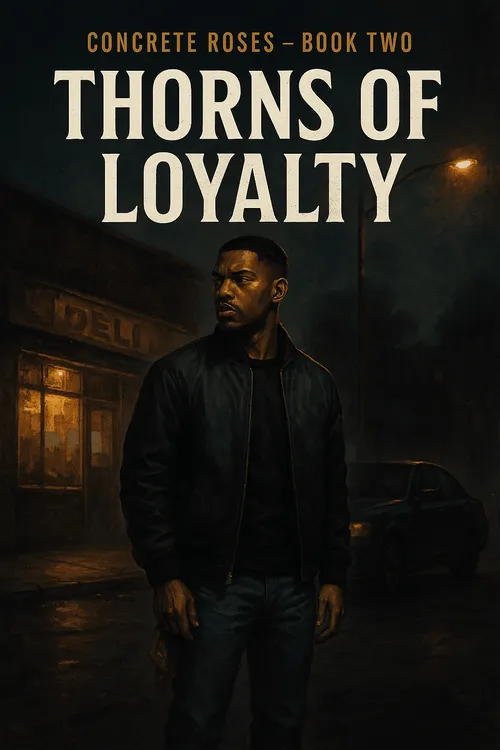
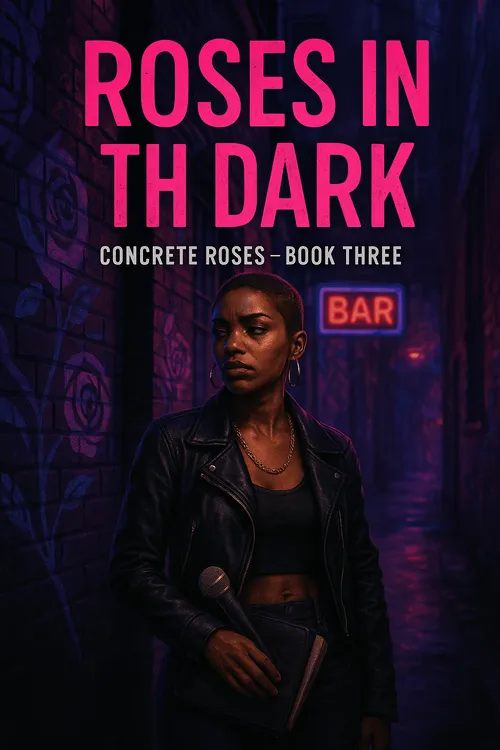
This story has not been rated yet. Login to review this story.